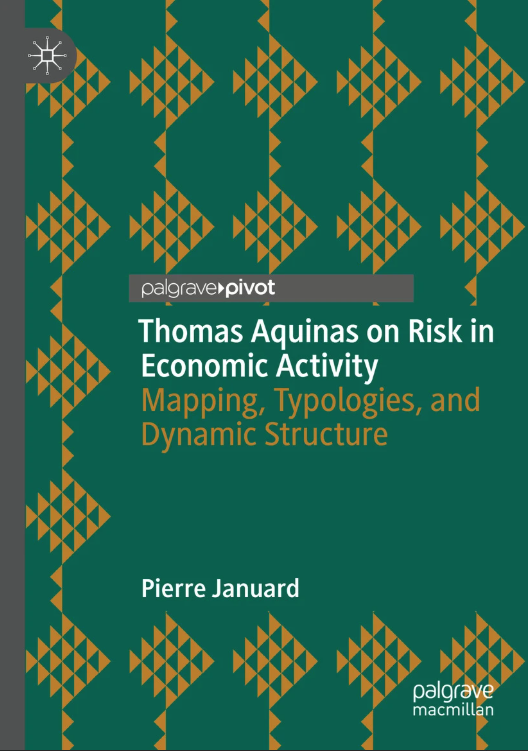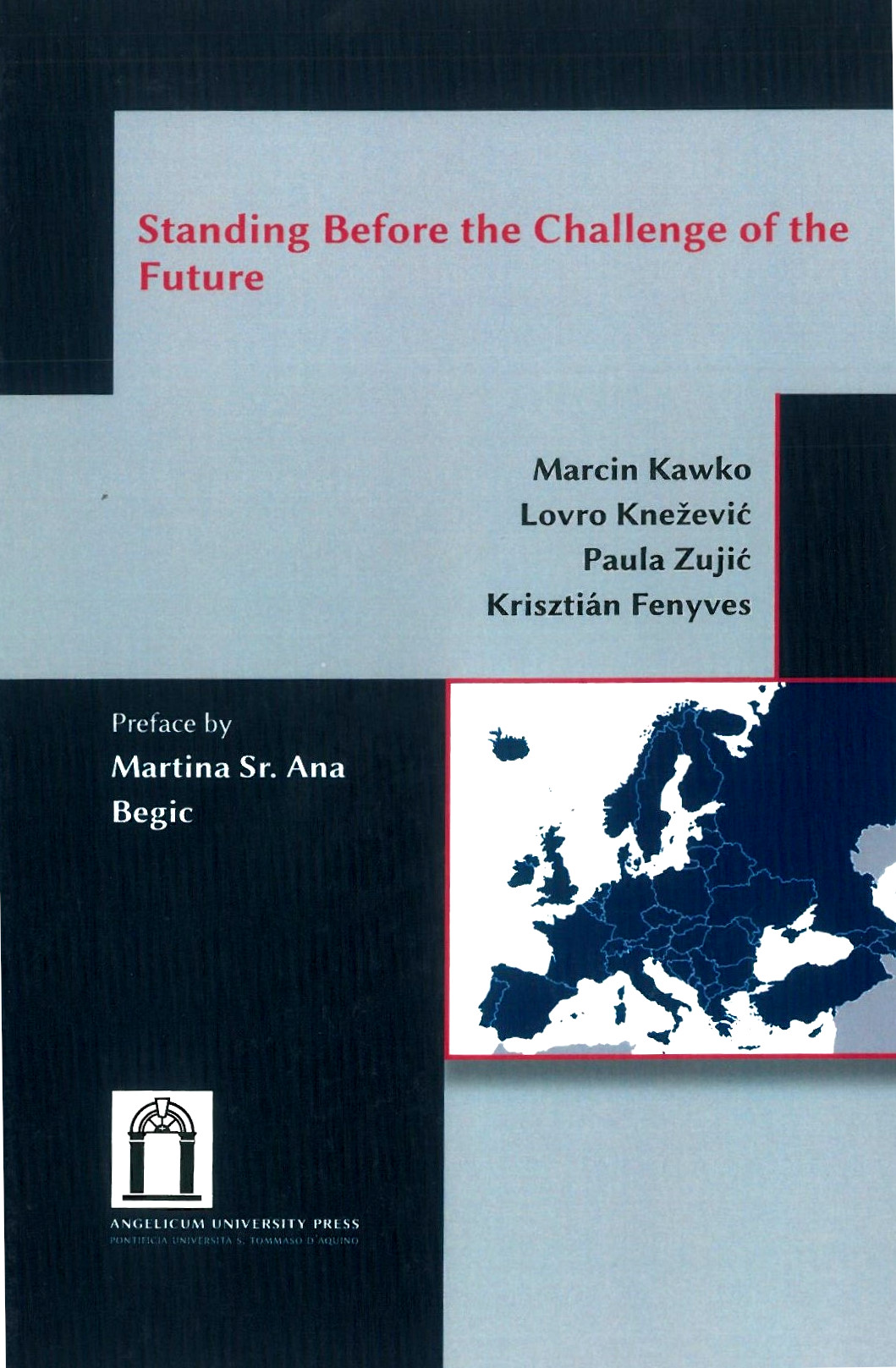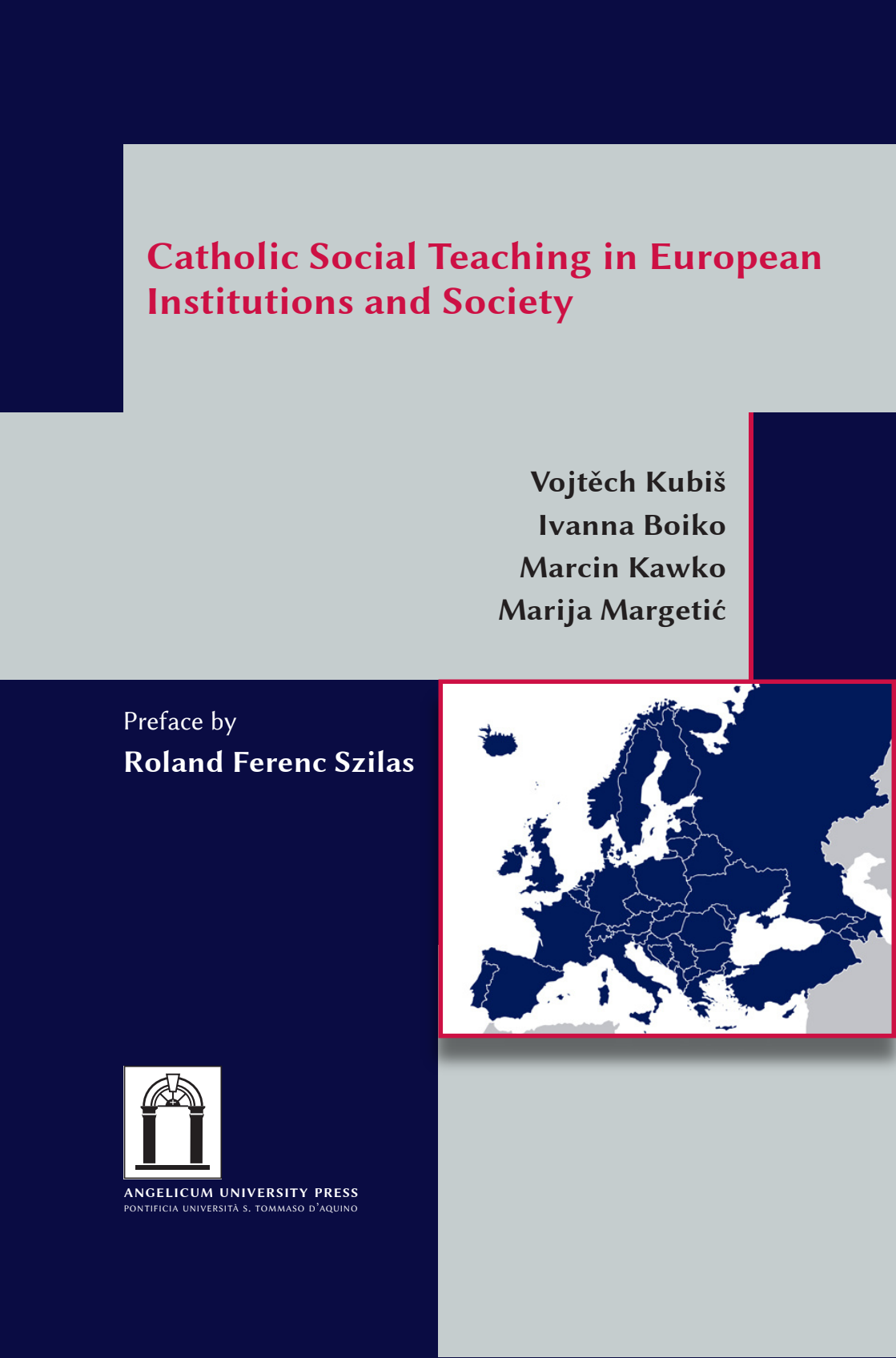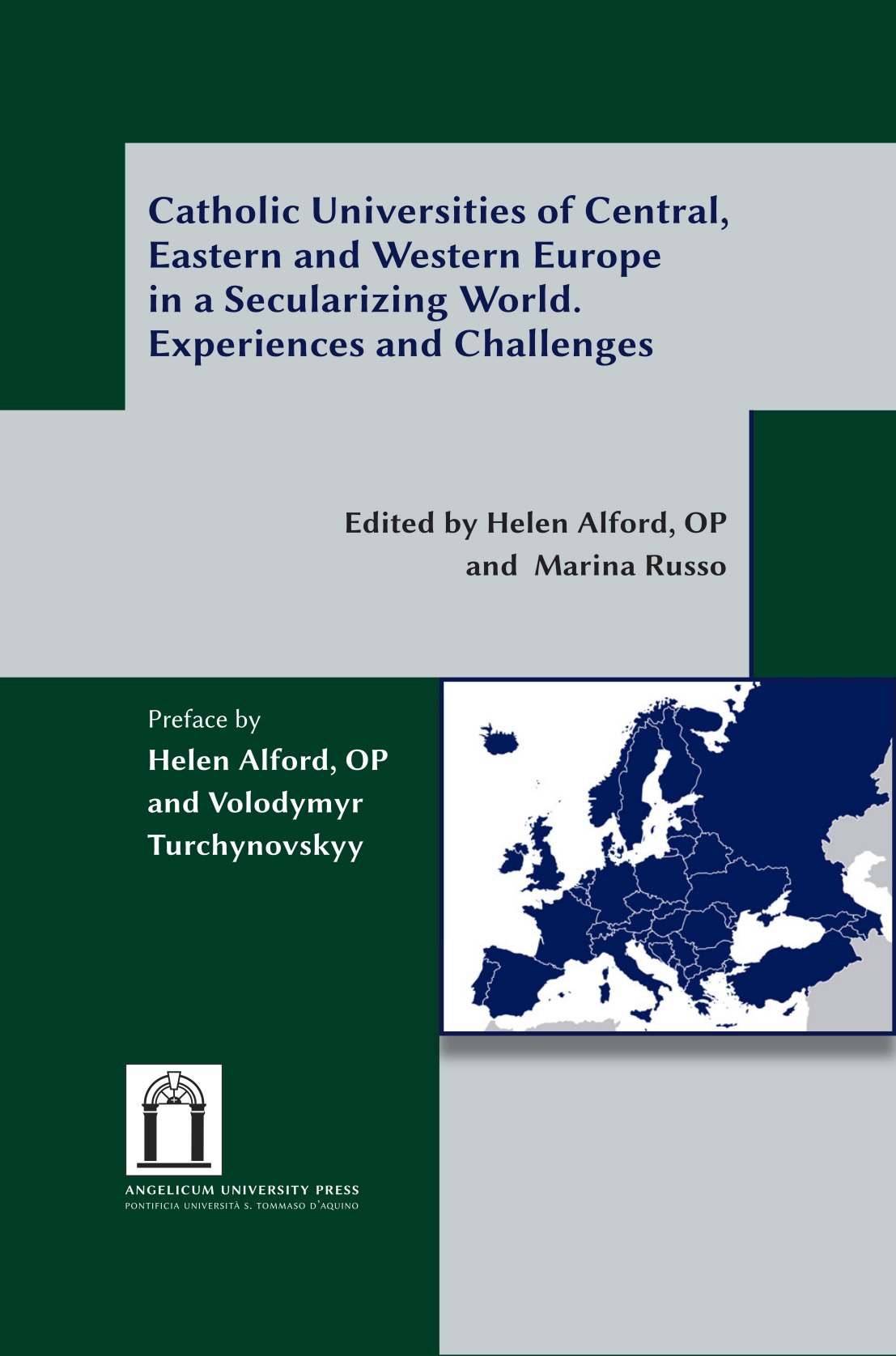La violenza, lo stato, la guerra
Stefano Semplici
Nel moderno è tipicamente lo stato, al quale spetta all’interno dei suoi confini il monopolio dell’uso legittimo della forza, il “soggetto” delle guerre. Questo modello non funziona più e accanto ai conflitti armati fra «entità politiche indipendenti» cresce nelle relazioni fra  i popoli la minaccia di nuove forme di violenza e terrore. Le dinamiche globalizzanti dell’economia e il vocabolario dei diritti umani generano speranze, ma anche contraddizioni, povertà e pericolose incom-prensioni. Occorrono livelli di aggregazione più complessi e policentrici, pur sapendo che gli stati non scompariranno comunque dalla scienza internazionale. L’ipotesi è allora quella che la causa della giustizia non si collochi fra sovranità chiuse, ma fra appartenenze che sono culturali e morali, oltre che istituzionali. Di qui la necessaria rinuncia ad ogni forma di “dispotismo” e l’opzione eminentemente politica per la costruzione di un equilibrio che si regga sulla ragionevolezza, piuttosto che sulla forza.
i popoli la minaccia di nuove forme di violenza e terrore. Le dinamiche globalizzanti dell’economia e il vocabolario dei diritti umani generano speranze, ma anche contraddizioni, povertà e pericolose incom-prensioni. Occorrono livelli di aggregazione più complessi e policentrici, pur sapendo che gli stati non scompariranno comunque dalla scienza internazionale. L’ipotesi è allora quella che la causa della giustizia non si collochi fra sovranità chiuse, ma fra appartenenze che sono culturali e morali, oltre che istituzionali. Di qui la necessaria rinuncia ad ogni forma di “dispotismo” e l’opzione eminentemente politica per la costruzione di un equilibrio che si regga sulla ragionevolezza, piuttosto che sulla forza.
In the modern period, it is typically the state, which holds the monopoly on the legitimate use of force within its borders, that is the “subject” of war. This model does not function anymore and along with armed conflicts between “independent political entities”, the threat of new forms of violence and terror in the relations among peoples grows. The globalising dynamic of the economy and the language of human rights give rise to hopes, but also to contradictions, poverty e dangerous incompre-hension. More complex and policentric forms of coming together are needed, even if we know that states are not going to disappear from international studies. The hypothesis here is that justice is not to be upheld in closed sovereignties, but among forms of belonging that are cultural and moral, as well as institutional. From this arises the necessity to renounce every form of “despotism” and the eminently political option for the construction of an equilibrium based on reasonableness rather than force.
Il pensiero religioso sulla guerra e la violenza politica. Mutamenti storico-culturali
Antonio Riccio
La guerra, da un punto di vista antropologico-culturale, non è riconducibile a matrici biologiche, etologiche o innatistiche, ma piuttosto al problema dell’etno-centrismo, che nelle società “primitive” fonda lo stesso vincolo sociale; forma un noi altrimenti precario, a rischio di disintegrazione. Questa sociogenesi della guerra ha trovato storicamente giustificazione nella ricerca della potenza redentrice delle grandi religioni di salvezza. In questo senso la ghedah ebraica, la jihad islamica e la Crociata cattolica sono pratiche di salvezza trasformate in un impegno totale di affermazione di una visione del mondo, al servizio di mire espansionistiche, politiche e sociali. La guerra giusta è un tentativo di “civilizzare” la “guerra santa” senza tuttavia riuscirci quando è ancora in gioco una Weltanschauung. Si va però affermando una opposta concezione, peraltro originaria e costitutiva del pensiero religioso, sebbene sempre socialmente censurata, che ha trovato la sua più forte espressione nella forte e decisa condanna del cattolicesimo di ogni conflitto organizzato umano in quanto negazione della vita.
From the point of view of cultural anthropology, war does not arise from sources that are biological, ethnological or innate, but rather from ethnocentrism, which grounds social bonds in “primitive” societies. It forms an “us” which would otherwise be precarious, risking disintegration. This sociogenesis of war finds practical justification in the “redeeming power” of the great religions of salvation. In this sense the Jewish ghedah, the Islamic jihad and the Catholic crusade are practices of salvation that have been transformed into a total commitment to a particular worldview aimed at political and social expansion. The “just war” is an attempt to “civilise” the “holy war” without however managing to do this when strong ideologies are present. An opposite idea, however, has been able to develop, one that is original and constitutive of religious thought, even if always censured by social authorities. This idea has found its strongest expression in the forthright and decided condemnation on the part of Catholicism of every organised human conflict as a negation of life.
Edmund Burke e l’inutilità della guerra
Alberto Lo Presti
Il diciottesimo secolo, dei numerosi conflitti, produce un pensatore che con ostinazione nega che la guerra possa essere un vantaggio, o che il ricorso alla violenza e alla distruzione possa risultare un fattore di sviluppo civile. In modo originale, con toni a volte accesi e polemici, Edmund Burke affida alla sua oratoria e ai suoi scritti la costruzione di un orizzonte politico nel quale l'ordine è fondato dalla prudenza e dalla temperanza, dal rispetto per la libertà altrui e per le tradizioni storiche. In tal senso, si tratta indubbiamente di un pensiero ancora assai attuale.
The eighteenth century, which was marked by numerous conflicts, also produced a thinker who obstinately refuted the idea that war could be advantageous, or that recourse to violence and destruction could be a source of civil development. In an original way, often with a heated and polemical tone, Edmund Burke makes use of his oratorical skills and his writings to construct a political approach in which order is founded on prudence and temperance, and on respect for the liberty of others and for historical traditions. Thus, his thought is still very relevant to today’s situation.
La guerra, fattore obsoleto di relazioni internazionali
Luigi Troiani
La guerra è da sempre strumento della politica internazionale degli stati. Può essere pensato un sistema internazionale senza guerre? A guardarsi intorno la risposta è no. Dalla fine del bipolarismo sono diminuite le guerre tradizionali tra stato e stato, ma cresciuti i conflitti su base etnica e nazionalista, quelli a intermittenza, le operazioni coperte di servizi segreti, corpi speciali, terroristi. L’osservanza del diritto internazionale e di guerra trova, in questo contesto, sempre minor applicazione. Crescono i rischi perché la tecnologia alza il potenziale distruttivo delle armi. Serve una teoria della guerra nel XXI secolo, che parta dall’assunto che la guerra non è più capace di essere “la prosecuzione della politica con altri mezzi”, come affermava il polemologo von Clausewitz. La guerra non sa risolvere i problemi che la motivano, mentre accresce instabilità, distruzioni e morti. Serve più politica, economia, cultura, e meno guerra. La cosa più urgente è dare soluzione all’anarchia del sistema internazionale, al bisogno che questo ha di legge e ordine. Da qui la necessità di attivare un modello di interdipendenza cooperativa. Per il successo, servono condivisione ed egemonia, la supremazia del forte che opera nell’interesse collettivo senza ambizioni a prevalere. Può essere facilitato dalla diffusione di accordi cooperativi a base regionale: in Europa l’Ue ha reso obsoleta la guerra come strumento per la soluzione delle controversie.
War has always been an instrument used by states as part of their international policy. Is it possible to think of an international system without wars? Looking around us at present, the answer seems to be no. Since the end of the period of bipolarity, traditional wars between states have decreased, but ethnic, nationalist and intermittent conflicts, as well as covert operations by secret services, special forces and terrorists, have grown. International Law and the Law of War are observed less and less in this context. Risks due to the increased destructive power of weapons, thanks to technological developments, are increasing. What we need is a theory of war for the 21st century, which begins from the premise that war is no longer able to be "the prosecution of politics by other means", as the theorist of war von Clausewitz maintained. War does not know how to resolve the problems that give rise to it, and in the meantime it increases instability, destruction and death. More politics, economics and culture are needed, and less war. The most urgent need is to find a solution to the present anarchy within the international system - to respond to the need it has for law and order - and this gives rise to the need for a model of interdependent cooperation. To be successful, we need participation and sharing with hegemony, where the supremacy of the strong operates in the collective interest without the ambition to dominate the others. This can be helped by the further development of cooperative agreements at the regional level: in Europe, the EU has rendered war obsolete as an instrument for the solution of controversies.
and death. More politics, economics and culture are needed, and less war. The most urgent need is to find a solution to the present anarchy within the international system - to respond to the need it has for law and order - and this gives rise to the need for a model of interdependent cooperation. To be successful, we need participation and sharing with hegemony, where the supremacy of the strong operates in the collective interest without the ambition to dominate the others. This can be helped by the further development of cooperative agreements at the regional level: in Europe, the EU has rendered war obsolete as an instrument for the solution of controversies.
 IT
IT  EN
EN 
















